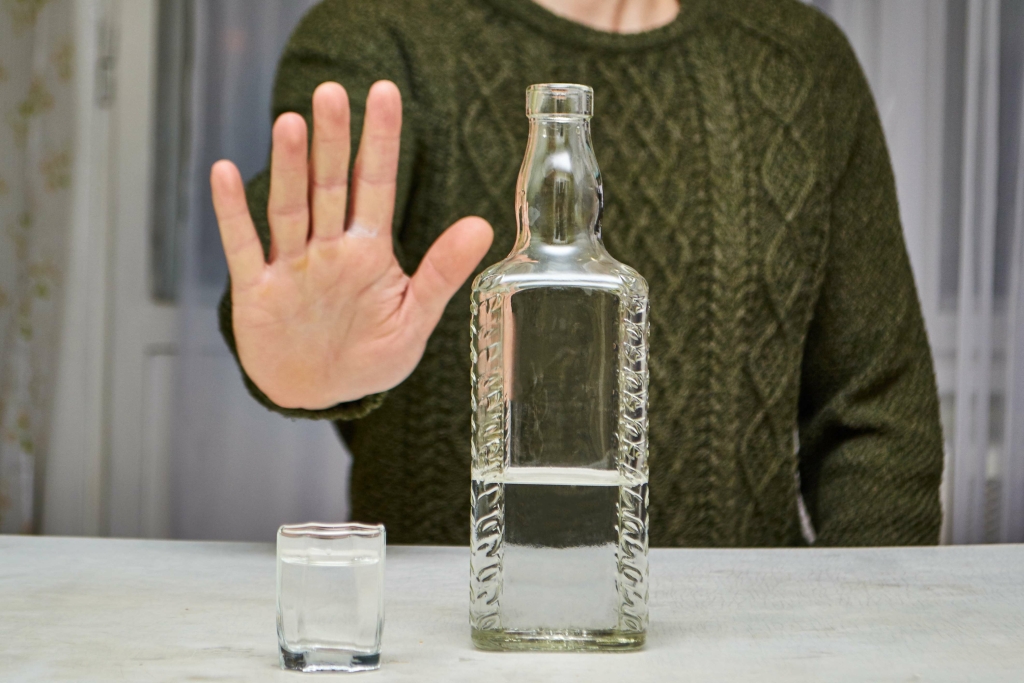California recovery residences are very much like a “home away from home.” All of the residents are involved in recovery. As a group, residents work together, using the skills they have learned while in treatment to support each other in the early stages of sobriety. This creates accountability, friendships, and dedication to a life of recovery. The residents of a sober living home, aside from the manager, must be actively participating in a recovery program. All residents are prohibited from consuming alcohol or nonprescription drugs. Our helpline is offered at no cost to you and with no obligation to enter into treatment.
The owner is in recovery, the people on the staff are in recovery, we have a great house manager, and this place is run very well. This is a model law that may be adopted by states to address patient brokering, insurance fraud, unethical marketing practices and related abuses. It was developed by the National Alliance for Model State Drug Laws with involvement by NARR and other national stakeholder organizations. Policy Guide on Medical Cannabis (July 2021)
This advisory guidance is available for adoption by NARR state affiliate organizations but affiliates are not required to do so.
Experiential Therapy
Action Sober Living has been providing sober living environments for people in recovery on the peninsula for over a decade. This is an authoritative guide to the most commonly abused and misused drugs in the United States. The guide covers a wide variety of substances, and includes a drug’s effects on the body and mind, overdose potential, origin, legal status, and other key facts. While you begin to face the outside world and stressors of life, sober living can help to hold you up, carry you when you are down, and light your path when it seems too dark to walk. Knowing that you’re not alone, that you have connections with people who understand and can help you during the rough patches life brings, is a proven way to support sobriety. If you are in recovery and would like more information about sober living, scroll down to find some helpful links and a directory of CCAPP’s certified recovery residence throughout California.
This is a short, easy-to-read set of recommendations for state legislatures and agencies. It includes recommendations for support, oversight legislation, and policies that will support the health and expansion of recovery housing systems that are aligned with best practices. This is guidance to local governments about zoning and other policies that target recovery housing for different treatment from other households in the community. Specific to CA, but the requirements are based on federal statutory and case law. We are a community and association of sober people and organizations dedicated to spreading consciousness, good living, positivity, and mental health. A sober living home is a temporary transitional living space for people recovering from substance abuse.
Cultivating A Culture of Connected Recovery Throughout Georgia
At Association For Sober Living, individuals struggling with addiction can expect a variety of services and treatment methods. The facility offers drug rehab programs that aim to address the physical, emotional, and psychological aspects of substance abuse. Additionally, they provide dual-diagnosis treatment, recognizing the importance of addressing co-occurring mental health disorders alongside addiction. Through their inpatient and residential programs, individuals receive comprehensive and individualized care, including counseling, therapy, and life skills training. The facility also offers a sober-living/half-way program, providing individuals with a transitional and supportive environment as they continue their journey towards recovery.

In 2017, Massachusetts ranked in the top 10 of the states with the highest opioid overdose rates. Weekly supportive house meetings to help keep you on track with your recovery. Action Sober Living is committed to helping its residents focus on recovery. Our mash certified sober homes weekly house meeting are conducted by an understanding live-in house manager who is also in recovery. This guide describes the rights under the Americans With Disabilities and Fair Housing Acts for individuals receiving medication-assisted treatment.
Common House Rules of Sober Living Homes
You can also schedule meetings or counseling sessions around your work hours.
- If you are looking for a recovery program or sober living facility please go directly to the list of GARR members here.
- They treat those suffering from addiction to illegal opioids like heroin, as well as prescription drugs like oxycodone.
- These studies suggest that sober living should play a prominent role in publicly supported efforts to combat the social toll of alcoholism and drug addiction.
- A person who has alcohol use disorder (alcoholism) builds up a physical tolerance to alcohol.
- The ordinance, which takes effect 30 days from its approval, also requires existing group homes to apply for a special use permit within 90 days of its going into effect.
Sober living has been a key part of my recovery and Action Sober Living was the right choice at the right time. The house management and staff have been kind, professional and helpful every step of the way, giving me just the right amount of structure and support to help me move forward in my recovery journey. Moving from treatment directly into sober living increases our odds of staying sober by 60 to 80 percent. Join our community for support and access to resources that promote physical and mental well-being.
About This Massachusetts Facility
By attending skills training and recovery groups you’ll build a strong foundation for your recovery and strengthen your support network, increasing your chances of long-term recovery success. Substance abuse typically leads to addiction, which requires specialized treatment programs at https://ecosoberhouse.com/ to address. Many people benefit from inpatient drug rehabilitation, which includes inpatient acute care and residential rehabilitation. Other levels of care include intensive outpatient therapy, individual counseling, and support groups. Family therapy is also an essential part of treatment for substance abuse.

